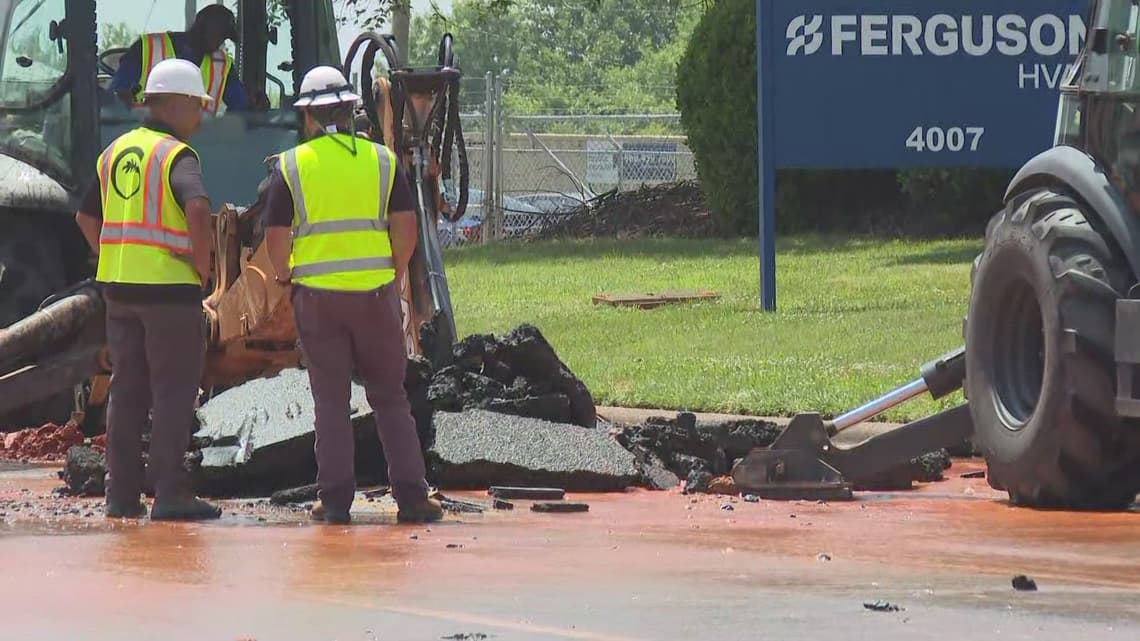Board Hears Stern Warning On Guilford County Water Needs
At a November 20 work session the Guilford County Board of Commissioners received a detailed briefing from the Piedmont Triad Regional Water Authority on growing long term water and sewer needs. The presentation highlighted regional growth and new industrial projects that are straining existing infrastructure, a development that will shape county budgeting, land use planning, and public engagement going forward.

Guilford County leaders were presented with a stark assessment of future water and sewer demands during a November 20 work session, as staff from the Piedmont Triad Regional Water Authority outlined how regional growth, new industrial projects, and rising residential demand are stretching existing systems. The briefing, reported November 21, urged county officials to begin planning now for capacity increases, to explore funding options, and to pursue partnerships to meet anticipated needs.
Authority staff told commissioners that ongoing development across the Triad, including several recently announced large projects, will require substantial investments in infrastructure to avoid service shortfalls and to support economic growth. Commissioners focused their questions on timing, financing, and the assumptions behind the authority's projections as they assess how water and sewer priorities will fit into future capital plans.
The implications for Guilford County residents are practical and immediate. Meeting increased demand will likely influence utility rates, capital budgets, and the county's ability to approve or support new development. Infrastructure decisions made in the next several years will determine whether residential neighborhoods and industrial sites receive reliable service, and they will affect property values, public health protections, and the county's competitiveness for jobs and investment.
Institutionally, the briefing underlined the need for coordination between the regional water authority, county government, and municipalities within Guilford County. The authority's call for partnerships signals that single jurisdictions may lack the scale to finance or manage major upgrades alone. Funding options could include county or municipal capital investments, intergovernmental agreements, state and federal grants, or revenue mechanisms that shift costs to utility users. Each path involves trade offs between immediate fiscal pressure and long term resilience.
Policy choices in the coming budget cycles will also have political consequences. Commissioners will be asked to prioritize infrastructure investments that may require difficult budget decisions, public outreach, and possibly voter approval in the case of bond measures or rate adjustments. Elected officials must balance short term fiscal constraints with the long term costs of deferred maintenance and constrained growth.
For residents, the authority's briefing is a prompt to engage with county planning and budgeting processes. Public hearings, commission meetings, and utility rate reviews are the venues where community priorities and concerns about affordability and development impacts are aired. As Guilford County considers infrastructure priorities, transparent analysis, clear financing plans, and early community involvement will be essential to align growth with reliable water and sewer service.


